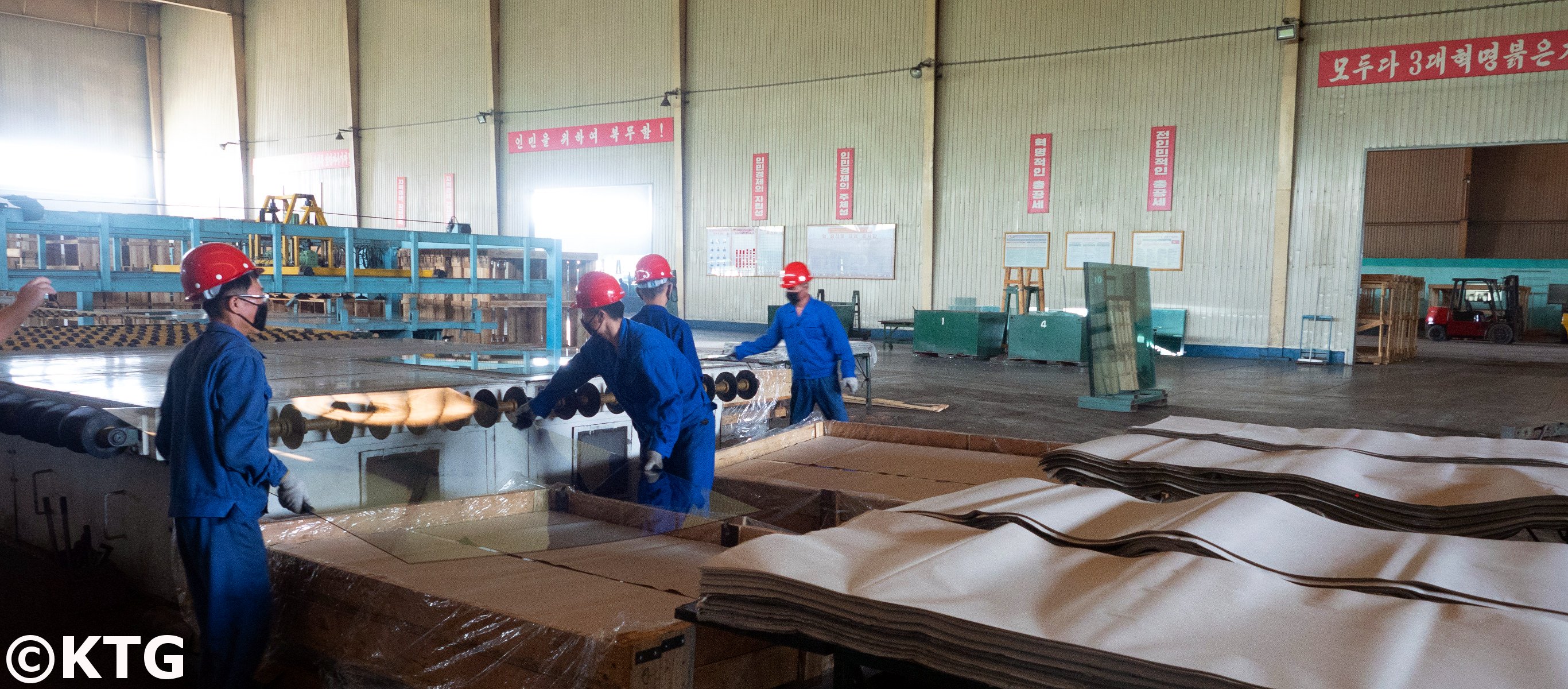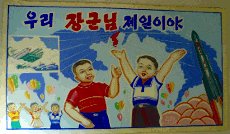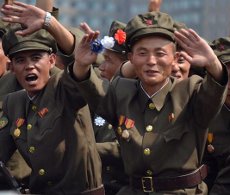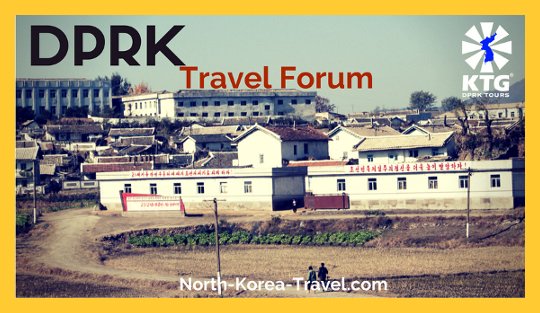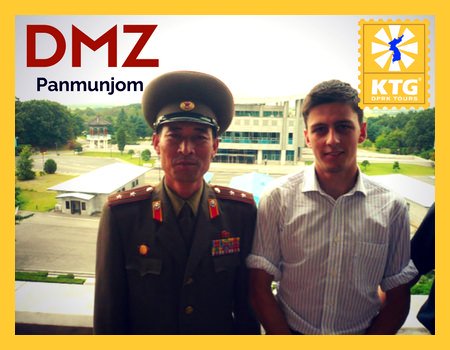North Korea Economy
Our section "North Korea Economy" focuses on the economical structure of the economy of the DPRK.
The DPRK has a strongly centralised system and it evolves around its Juche Ideology, focusing on self-reliance. However, slight reforms have taken place recently, such as the operation of small markets in the country. Trade also exists with several countries.
It must be noted that it is hard to obtain accurate economic data from the DPRK which is why the figures below are estimates obtained from a variety of sources:
GNI (2002) per capita: $762
GNI (2002): $170 million
(Bank of Korea estimates) - figures released by the DPRK related to its economy is scarce, meaning that figures may not be accurate.
Main export: mineral fuels, ores, maritime apparel, machinery.
Industrial Structure (2007 estimate)
Agriculture: 21%
Services: 39%
Mining, manufacturing and construction: 40%
Major trading partners: South Korea, China, Japan (traditionally though the past few years they have stopped trading relationships) India and Russia.
North Korea Imports & Exports of Merchandise by Major Country of Source
These are China, South Korea and Thailand. Japan used to be a major partner but relations have diminished since 2006.
Special Free Trade Zones: Sinuiju (Northwest, bordering China) Special Administrative Region (SAR) Kaesong Industrial Complex (KIS) and Rason. We arrange tours to Sinuiju and Rason.
Please click here to go from our North Korea Economy page to read more facts about the DPRK.


















